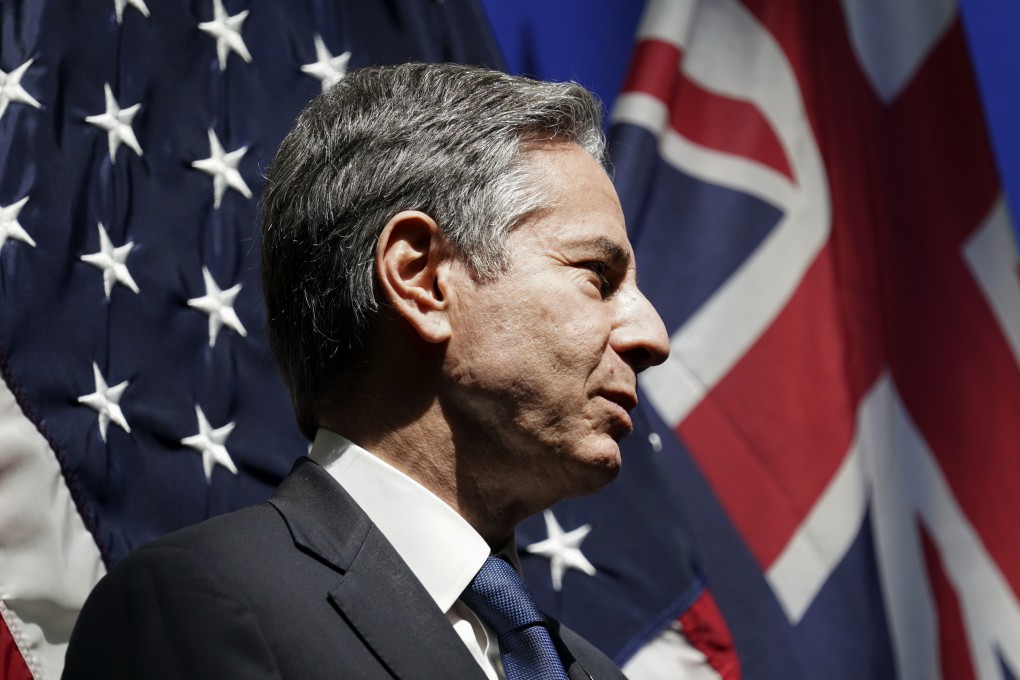Opinion | ‘Convert or contain’: US policy on China smacks of fundamentalist Christian beliefs
- The American foreign policy community has long lamented that, despite opening up economically, China has not converted politically to the liberal democratic model. Thus, the next step is to contain such ‘revisionist’ powers

What is the real crisis of the global order? Writing in Foreign Affairs magazine, Alexander Cooley and Daniel H. Nexon argue that the problem is illiberalism is on the rise. The contest of the century is not simply the United States vs China, but liberal democracy vs autocracy.
The American foreign policy community has always lamented that, despite opening up economically, the Chinese did not convert politically to the liberal democratic model. Thus, the next step is to contain these “revisionist” powers.
This “convert or contain” approach smacks of fundamentalist Christian beliefs that non-believers are either to be evangelised or defeated.
Modern capitalism has deep religious roots. German sociologist Max Weber pronounced that the spirit of capitalism came from the Protestant ethic. Even though capitalism existed in ancient China, India and other cultures, its modern ethos is based on Protestant Christianity that revolted against the authority of the Roman Catholic Church.
The Puritan streak in American capitalism favours hard work and acquisition of assets for the glory of God. Capitalist greed therefore has religious roots. To be rich is glorious. Never mind that the wealth might have come from exploitation of other human beings and mother nature.
